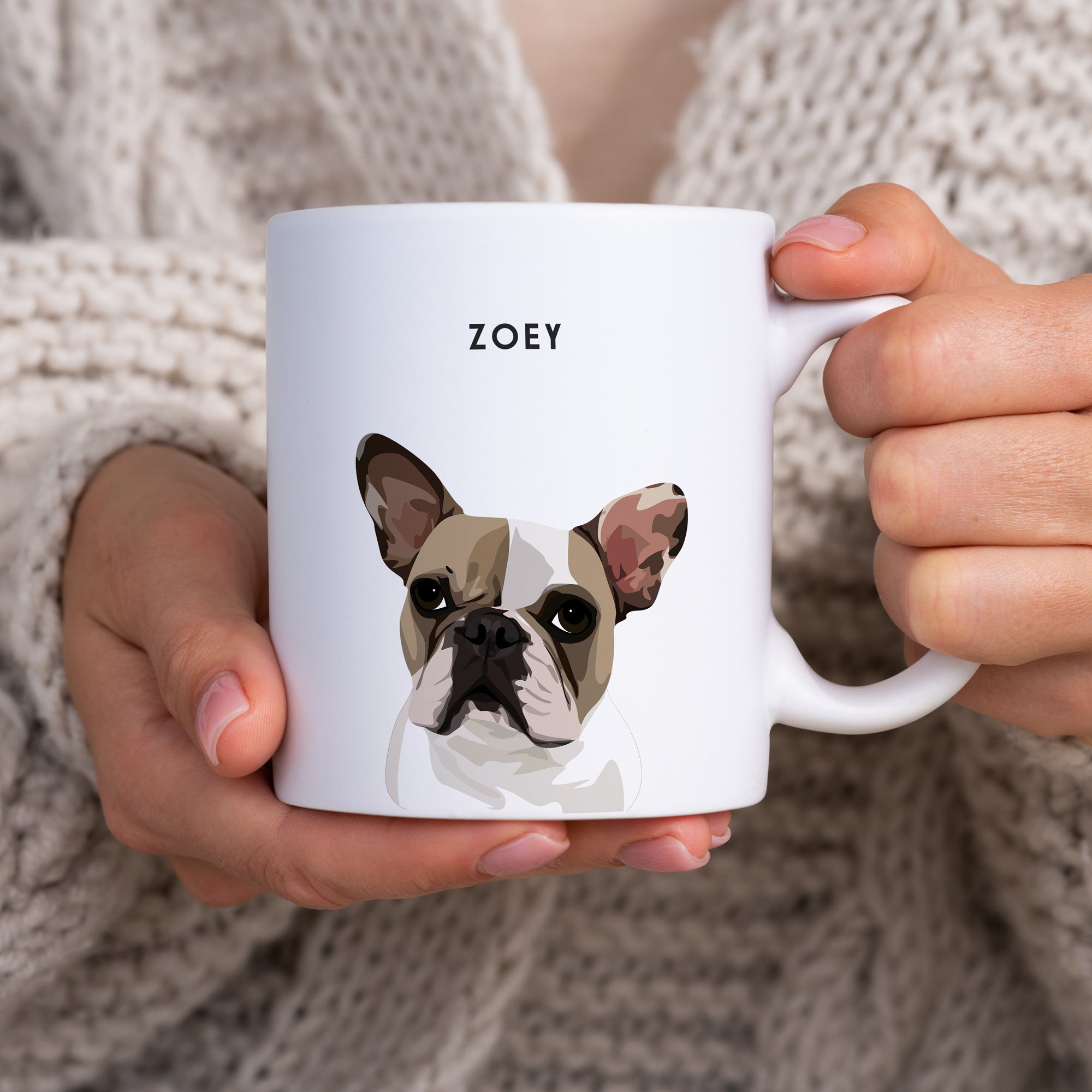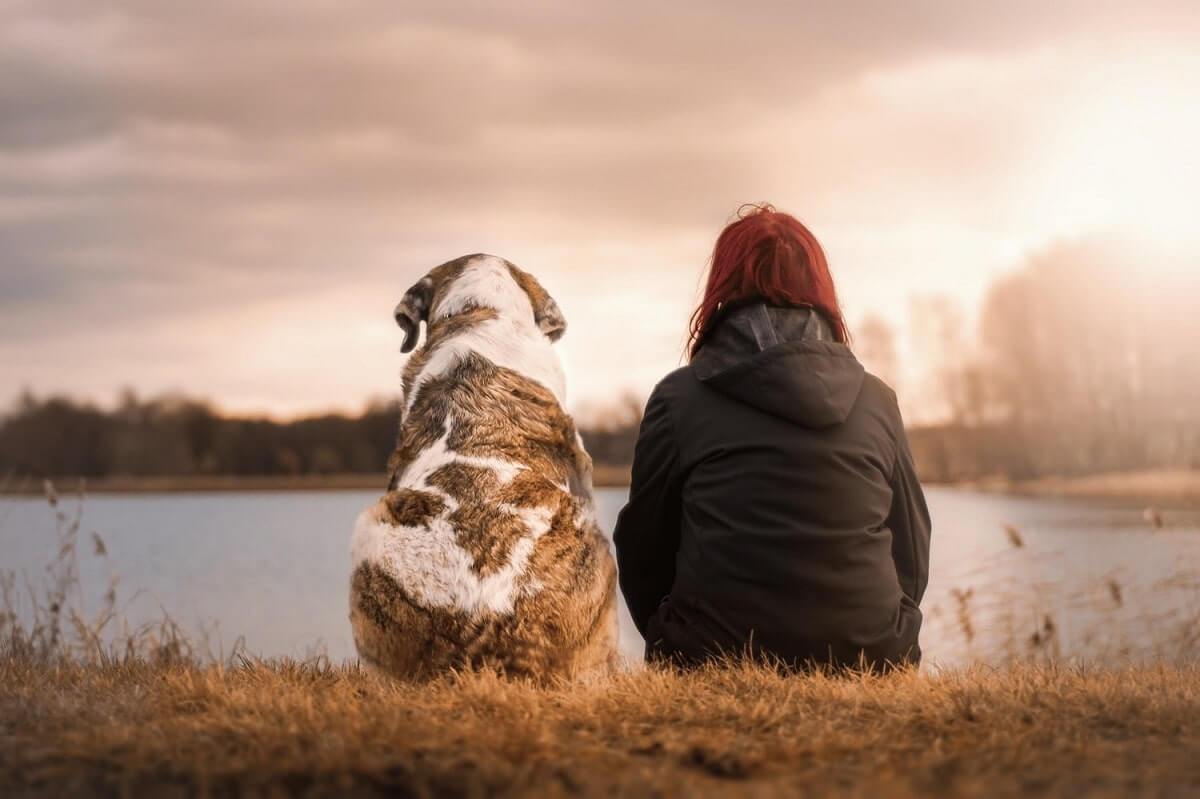Since pets are often treated like and thought of as family members, they often cause lots of problems in divorce proceedings. The emotional attachment we form to our animals is much stronger than any other material desire.
Unfortunately, there isn’t a clear-cut way to handle this situation. Yet what happens and how you act will affect your pet. So, if you’re going through a divorce and have pets, here’s everything you need to know.
Who keeps the pet in a divorce?
Pets are considered property in the eyes of the law. No matter how much you consider them a part of the family, they are not equal to your kids, at least not legally.
This has a couple of ramifications.
First, it means that if the pet belonged to one person before the marriage, and they can prove it, the pet is theirs, as is the case with other types of property. If the pet was adopted after you got married, then, technically, ownership is split between both parties.
Of course, you can’t split a dog, or a cat, so this can be interpreted a number of different ways. But as far as the law is concerned, in this case, the dog belongs to both people in the couple.
How to keep your pet in a divorce?

If this type of arrangement isn’t appealing to you, then you have a couple of different options. The first is to literally just ask your partner if they would be willing to let you keep the pet.
Perhaps they are not as emotionally attached and might be willing to let go given the already extreme stress of the situation.
Another option is to work out a shared ownership arrangement that works better for both parties. For example, you could go with a one-month rotation, which gives each of you ample time to spend with the animal without disrupting their life too much. Or, you could set something up where the pet lives at one person’s house and then visits every so often.
In the end, whatever works best for both parties is going to be the ideal solution. Don’t be afraid to be creative.
The third option is the ugliest: take your former spouse to court.
Since pets are considered property, the law says they should be split 50-50. But if you don’t think this is right, you can go to court and argue your case. This often is necessary when the animal simply can’t handle the 50-50 arrangement, and one party in the divorce refuses to acknowledge it. Perhaps the new arrangement makes them too anxious, or perhaps one spouse works too much to be able to give him/her the attention they need.
Hopefully, if this is happening, you can reach an agreement without having to use the legal system. But if you can’t, it’s always an option, albeit an expensive and stressful one.
A Changing Legal Landscape?
At the moment, the legal status of pets in divorces is a bit murky. While officially property, people often fight for them as if they were children. Few courts are prepared to handle these types of situations, which is why some states are pressing forward with new legislation.
These laws would allow courts to establish custody arrangements much like they currently do when there are children involved in a divorce. This would mean establishing visitation rights, as well as pet support payments, among other things.
Still pending, if these laws pass, and more states follow, then there may be big changes to the process for determining who gets to keep the pet during a divorce.
Pets Given Up After a Divorce
Unfortunately, it happens all too often that people going through a divorce are unable to find a solution to their problem, leading them to give their pet back up for adoption. Overall, more than six million animals are given up for adoption each year, many of which come from divorces.
This might seem like the right move for you, but it puts a lot of stress on the shelter infrastructure, and it is also quite traumatic for your pet.
Sometimes it's unavoidable, but this is where it’s important to keep your pet’s best interest in mind. This may require making tough decisions, but it’s often better than the alternative.
How Does a Divorce Affect Your Pet?
When they say divorce affects everyone involved, they mean it. Pets do not escape the hardship and trauma that comes when a couple decides to split their marriage.
Of course, how your pet reacts will depend on the type of pet they are. Dogs tend to have the hardest time. They are naturally very anxious animals, and they are also quite dependent on their routines. Any disruption can cause lots of problems.
If you start some sort of 50-50 arrangement, monitor your dog to see how they respond to the situation. It’s possible they won’t be able to adapt, which may require you to think of a new solution.
Don’t be surprised if your dog starts having accidents or barking more than normal after a divorce. Hopefully, after some time, they will adapt. But make sure to keep an eye on them.
Other animals, such as cats, aren’t affected as much, but a change in living situation is enough to unsettle anyone. Pay attention to their behavior, as well as their eating habits and reactions to other people, to see if this new arrangement is working.
All in all, it’s important to remember that a divorce is a big shock for a pet, and sometimes what’s best for your pet might not be what you want. But that’s part of being a pet owner: making those tough decisions because you know it’s the right thing to do.
Reasons to Adopt a Pet after a Divorce

If you’ve never had a pet, or if you had one before your divorce and now don’t, you may think this is a perfect time to bring a new furry friend into your life. Adopting a pet is a good idea at any point in your life, but it’s particularly beneficial after a divorce because pets provide:
- Company — Readapting to being single after having been married can be hard, and lonely. A pet can help fill that void and make it easier to adjust to your new life.
- Structure and routine — Pets require structured days, especially dogs. They need to be fed at certain times, let out to use the bathroom at certain times, and taken for exercise throughout the day. Keeping to this schedule can help put some structure and routine into your day, which is important when working through a divorce.
- A chance to care — Caring for someone or something other than yourself is incredibly empowering and is also a way to feel good about yourself. Of course, an animal can’t replace your partner, but caring for them can be very therapeutic as you work through this difficult time in life.
- Joy and love — Although you will eventually bounce back from your divorce, the early stages of this transition can be a bit dark. Pets are an endless source of joy, and so they can be a great addition to your life as you work through your struggles.
Disadvantages of Adopting a pet after a Divorce
While there are a lot of reasons for adopting a pet after a divorce, there are also some reasons why you might want to wait until you’re a little further along before bringing an animal into your life. Some reasons for this include:
- Added responsibility — Pet ownership is fun and full of excitement, but it’s also a lot of work. It doesn’t matter if you don’t feel like going for a walk. If the dog does, you have to. Working through a divorce can be incredibly hard. For some, it’s enough trying to take care of themselves. In these cases, it’s best to give it some time before adopting a pet.
- Panic adoption — Adopting a pet when you’re at a “low point” in your life might seem like a great idea, but will you feel the same way when your life starts to get a bit better? Divorce is such a traumatic experience, and so wrought with change, that unless you’ve had this idea for some time, it’s often best to wait to see if you still want to be a pet owner a year or so later when you’ve been able to gain more perspective.
- Expense — Another thing people don’t consider is that pet ownership costs money. Between the food, toys, and vet appointments, to do things right, you need to have a coffer set aside to cover pet-related expenses. In a couple, this is easier to handle. And you’re also sharing a lot of other expenses, perhaps leading you to believe pet ownership is a lot cheaper than it us. Just make sure you can afford to take care of your furry friend before welcoming him into your family.
Keep the Pet’s Best Interest in Mind
There is nothing fun or easy about divorce. And when it comes to your pet, the same is true. Just like this is a major and painful transition for you, it’s the same for them.
So, as you navigate this process, just remember to keep your pet’s best interest in mind. What is ideal for them may not be for you, but these are the tough choices you’ll need to make. Hopefully, though, if you maintain this perspective and explore all options with your partner, you can find something that works for everyone involved.


